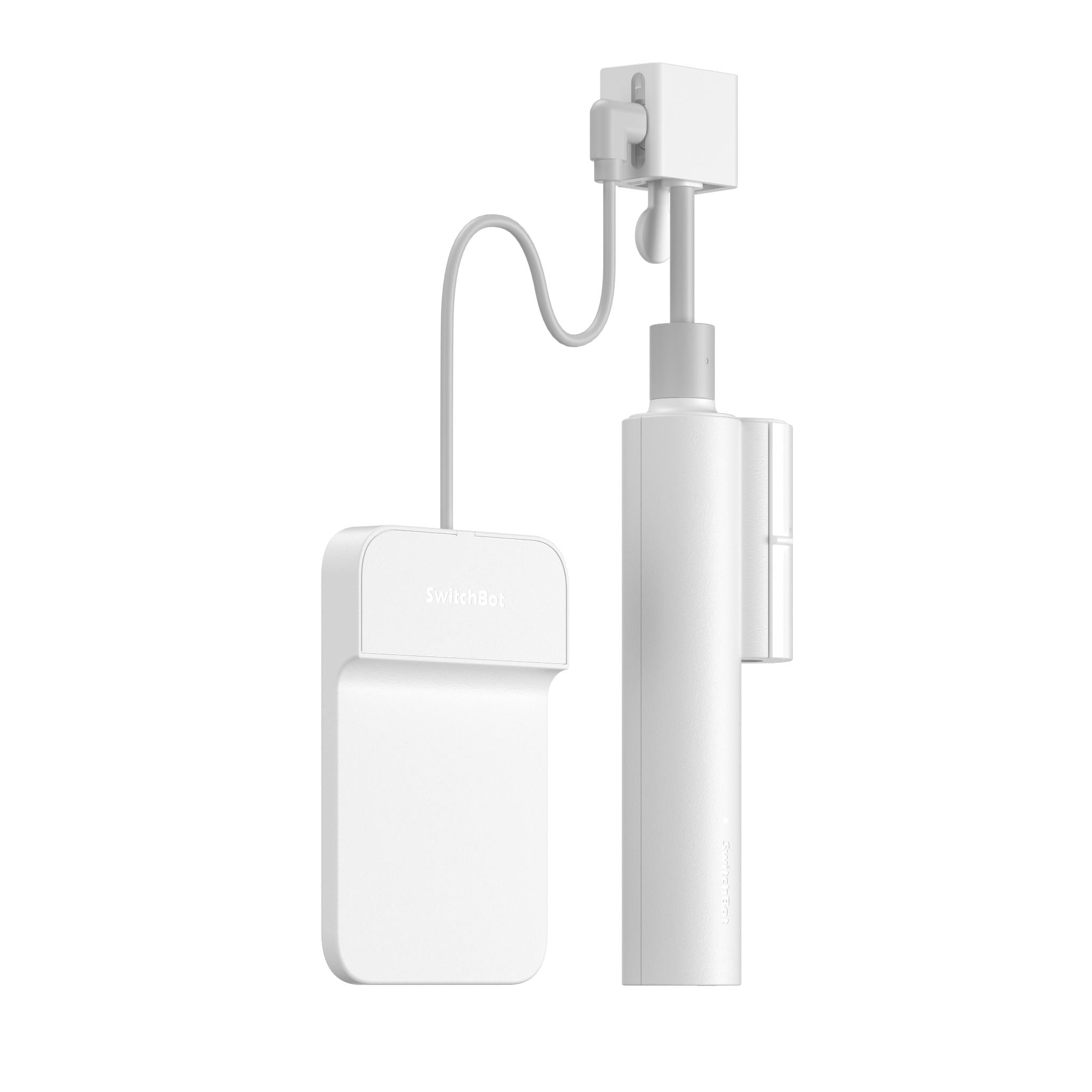Electric blinds, also known as motorized blinds, are a modern solution for improving energy efficiency in buildings. These innovative window coverings offer a range of benefits that go beyond traditional blinds, making them an attractive option for both residential and commercial spaces. In this article, we will explore the various ways in which electric blinds can contribute to energy savings and overall sustainability.

Automated Control for Optimal Sunlight Management
One of the key advantages of electric blinds is their ability to be programmed for automated control. This means that they can be set to adjust based on the position of the sun throughout the day, allowing for optimal sunlight management. By automatically lowering or raising the blinds in response to the sun's movement, buildings can reduce the need for artificial lighting and heating, leading to significant energy savings.
Integration with Smart Home Systems
Electric blinds can be seamlessly integrated with smart home systems, allowing for convenient control through voice commands or mobile applications. This level of automation not only enhances the overall comfort and convenience of a space but also enables more efficient energy usage. For example, users can schedule the blinds to lower during the hottest parts of the day, reducing the need for air conditioning and minimizing energy consumption.
No More Wasted Energy from Overlooked Open Blinds
Traditional blinds are often left open, allowing sunlight to enter and heat up a room, which can lead to increased cooling costs. Electric blinds can be programmed to close automatically when a room is unoccupied, preventing the unnecessary heating of indoor spaces. This feature ensures that energy is not wasted due to overlooked open blinds, contributing to overall energy efficiency in buildings.
Enhanced Insulation and Thermal Regulation
Electric blinds can also contribute to improved insulation and thermal regulation within a building. When closed, these blinds create an additional layer of insulation, reducing heat transfer through windows. This can help maintain comfortable indoor temperatures without overreliance on heating or cooling systems, ultimately leading to energy savings and reduced environmental impact.
In conclusion, electric blinds offer a range of energy-efficient benefits that can significantly contribute to sustainable building practices. From automated sunlight management to enhanced insulation, these innovative window coverings provide a modern solution for improving energy efficiency in buildings. By integrating electric blinds into residential and commercial spaces, individuals and organizations can take a proactive step towards reducing energy consumption and promoting environmental sustainability.



